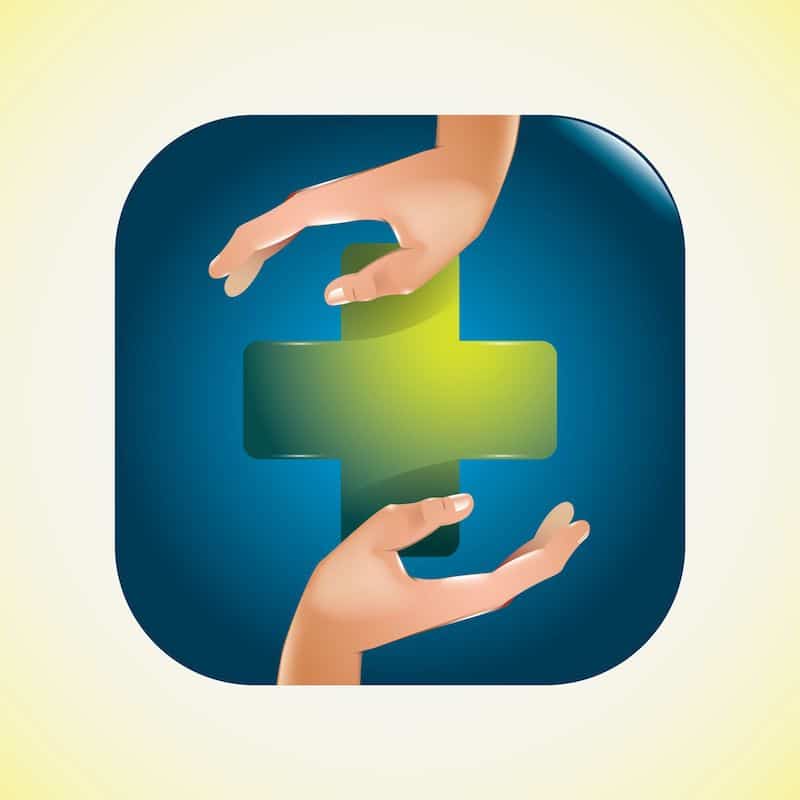Growing Pains and A Remedy
The latest battles over Obamacare and Trumpcare have brought the health care industry and its growing pains to the front pages of the media. Skyrocketing insurance premiums, affordability and availability of service, lack of medical personnel and regular medical training programs, geographical and demographic disparity; aging baby boomers, struggling veterans – all of these problems make quality health care one of the major concerns for the majority of the population.
One of the possible solutions to help ease the pain is to use technological innovations. Artificial intelligence, virtual and augmented reality, bots, telemedicine, and progress in biotechnologies allow physicians to diagnose potential health issues early, choose more customized treatments and remotely monitor the progress in therapy while encouraging patients’ participation in their health care regime. The latest computer programs generate real-time data and enable a better decision-making in preventive medicine to avoid emergency treatments or long and expensive reactive therapy.
On the other hand, the costs of visiting a doctor’s office, hospitalization, or moving into nursing facilities are prohibitive for millions of seniors. More than 90 percent of elderly prefer to stay at home surrounded by people and things they are familiar and feel comfortable with. Thanks to smart home devices, ride hauling services such as Uber and Lyft, smartphones and computers, this desire is easier to satisfy than ever before.
As a part of the trend, the demand for home health services is at an all-time high: globally, the market is expected to reach nearly $350 billion by 2020, up from $227 billion in 2015, at a compound annual growth rate (CAGR) of 9 percent. No wonder, the industry is attracting a huge number of newcomers. There are almost 4,000 healthcare technology startups registered on AngelList. They include companies working on virtual reality, telehealth, AI, emergency alerts, biometrics’ tracking, exoskeletons, wearable devices and advanced software technologies.
Introducing HealthTech Innovators
Neofect is an international Korean-American team of healthcare practitioners, engineers and software developers that has designed a series of devices which merge rehabilitation with computer games. Their flagship device, Rapael Smart Glove, was recognized as a CES 2017 Innovation Award Honoree.
It uses an exo-glove with embedded sensors and artificial intelligence software to design a game-based therapy program for patients with neurological and musculoskeletal injuries to help them regain their hand mobility.
Only 10 percent of stroke victims are able to fully recover. The main reasons for them to drop off from the rehabilitation program are costs, inability to visit doctor’s office on a regular basis for many months and lack of motivation due to slow improvements.
Rapael Smart Glove solves these problems. It is now available for rent at only $99 a month. The patients can use it at home and their caregivers can monitor the progress in a real time, review over-the-time reports, and modify the regime based on results. The device has proven its high efficiency and ability to keep the users motivated to stick to the program.
Another exciting project is VERA Solution designed by Reflection Health. The VERA™ Solution is an on-demand virtual exercise rehabilitation assistant that brings the guidance of a physical therapist into the home and gives clinicians tools to remotely monitor patient progress beyond the traditional in-clinic setting.
VERA integrates a broad menu of exercises, an animated avatar coach, and a 3D imaging system to monitor, measure, and record movements of approximately twenty-two joints in a three-dimensional space. VERA also provides a real-time feedback to ensure that the patients do the prescribed exercises correctly.
Caregivers have 24/7 access to the patient’s intuitive dashboard to remotely analyze the progress. It saves their time and helps make the program more efficient.
Recently, Reflection Health signed an agreement with Yale New Haven Hospital to provide in-home post-surgery therapy for the patients.
Constant Therapy app is another example of technology used to help survivors of strokes and traumatic brain injuries regain lost cognitive and language skills. It allows speech-language pathologists and occupational therapists to plan home exercise programs and remotely track their patients’ achievements.
The program includes 65 task categories and more than 60,000 exercises available on a tablet. Artificial Intelligence software intuitively adjusts the tasks and offers different exercises based on the patient’s performance.
The company recently conducted a study to analyze 22 million exercises that users worked on to personalize therapy and optimize outcomes based on what worked for patients with similar demographics and diagnoses. The study showed that those who use the app at home experience greater improvements in both cognitive and speech accuracy.
When the number of doctor office visits covered by health insurance is over, patients have an option to subscribe to the Constant Therapy app to continue working at home. The cost is $20 per month or $200 per year. The company provides tablets to users who subscribe for a year and offers scholarships to those who cannot afford a subscription. The team behind the app believes that health is the basic right of any individual and it shouldn’t be limited by financial abilities.
Conclusion
While technology can’t replace highly trained personnel, it can be a vital tool in doctor’s hands. New programs and devices empower patients to become active participants in their recovery program and setting specific, achievable goals while providing valuable information to their caregivers. According to the recent study conducted by Crowdfund Productions, the founders of healthcare technology startups see the main value of their products in solving the shortage of healthcare personnel problem, geographical and demographic expansion of high-quality healthcare, providing better decision-making tools for physicians, and opportunities for independent living for seniors.
New offerings allowing patients to stay at home provide huge cost benefits and can have a significant effect on healing the struggling health care industry.
Scott Kim, the President of NEOFECT USA, is an MBA graduate from the University of Virginia – Darden Graduate School of Business Administration. He was born with spinal bifida and has undergone surgery and understands the long process of rehabilitation. His vast experience in software and gaming has enabled him to bring value in creating the games and software for RAPAEL in the U.S. market.








